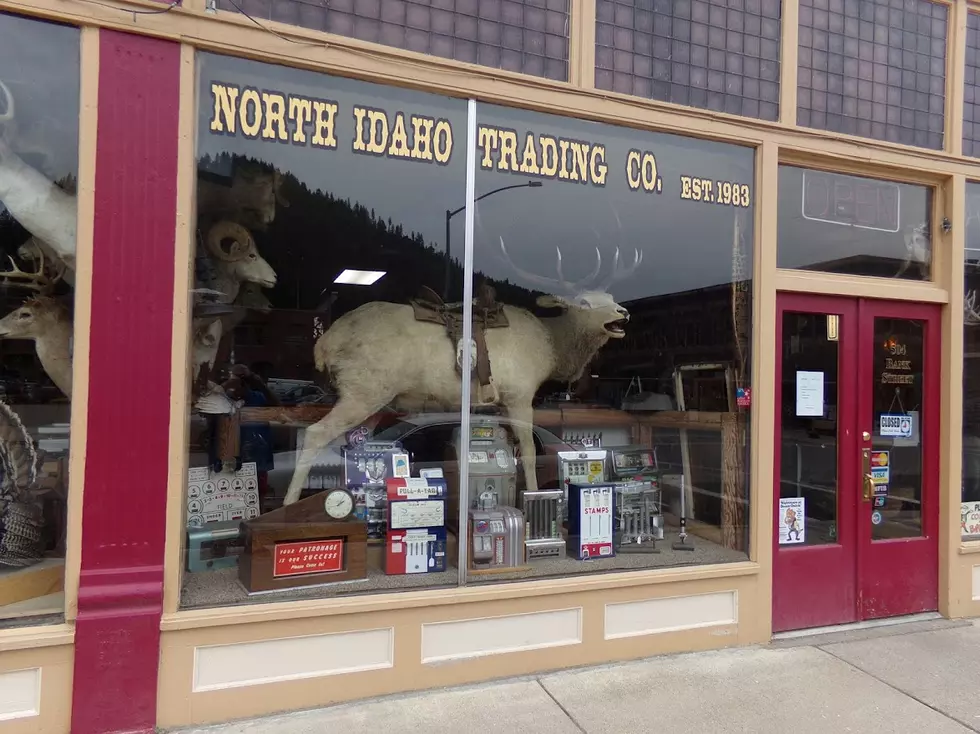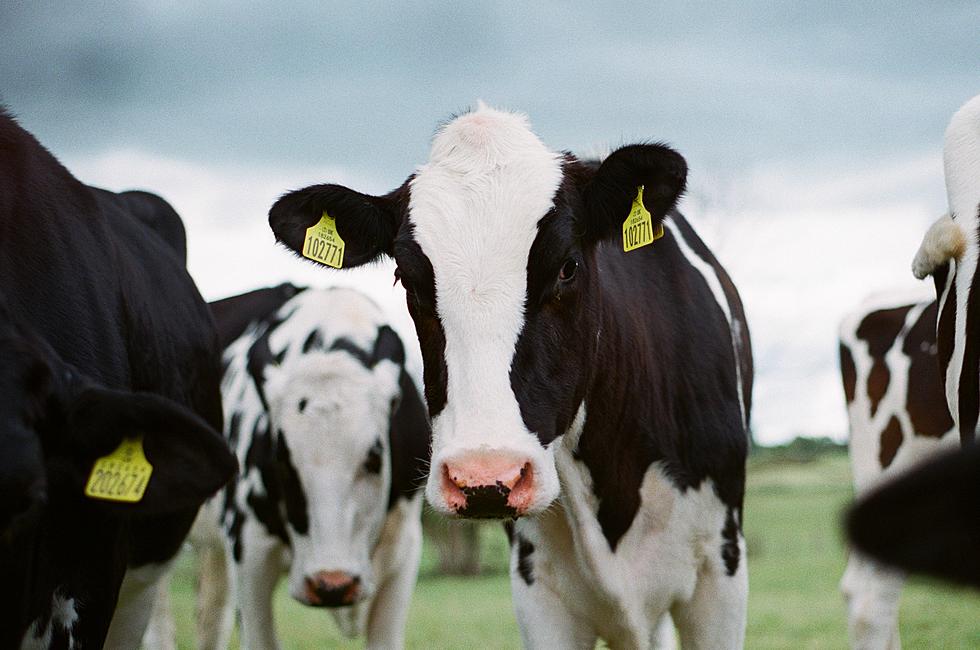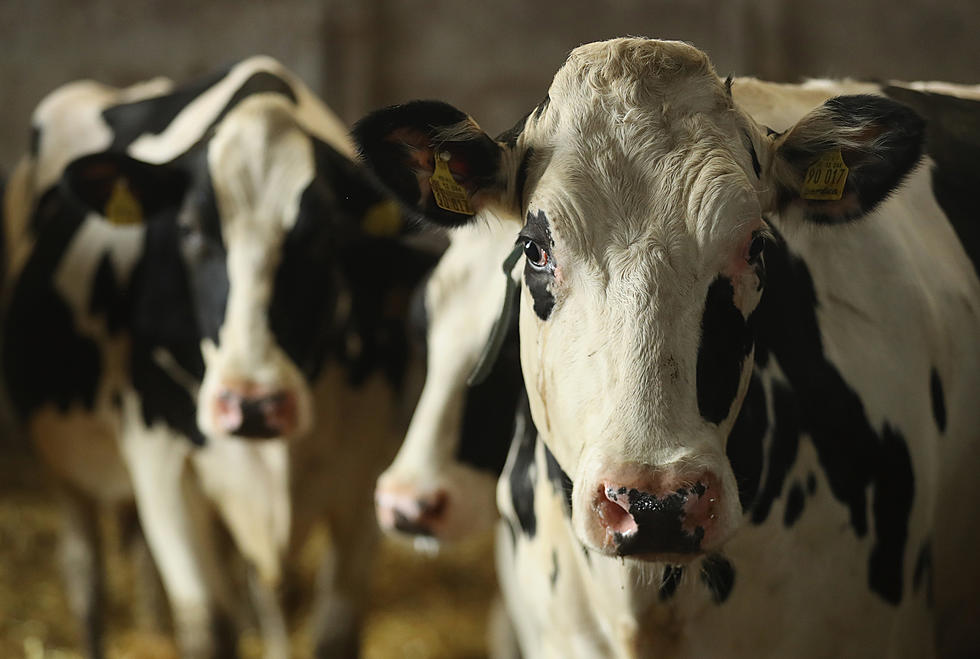
Idaho Potato Farmers and Dairymen to Get Federal Aid
TWIN FALLS, Idaho (KLIX)-Idaho dairymen and farmers will get some assistance from the federal government through a food purchasing program later this year. On Monday the U.S. Secretary of Agriculture Sonny Perdue announced the United States Department of Agriculture (USDA) will purchase $470 million worth of agriculture products, including dairy and potatoes, as part of the Section 32 food purchasing program.
Producers have been hit with a dramatic shift in market conditions as many food service businesses shut down because of the novel coronavirus (COVID-19) pandemic. U.S. Sen. Jim Risch and Sen. Mike Crapo applauded the USDA's move to purchase the food which will happen in the third quarter of this year and will be distributed to communities across the country. “Idaho’s agricultural industry has been severely disrupted by COVID-19, with supply chains shrinking or disappearing altogether. Potatoes and dairy, two of Idaho’s largest agricultural commodities and industries that produce heavily for the food service pipeline, have been hit especially hard as their traditional markets have nearly vanished overnight,” said Senator Jim Risch in a prepared statement. “I appreciate Secretary Perdue recognizing this present difficulty and taking an initial step to provide much needed assistance to our farmers. I will continue working with the Secretary to find ways to support all facets of our agricultural industry and provide relief to our farmers and ranchers.”
The USDA said it will purchase $120 million worth of dairy products and $50 million worth of potatoes. Other produce include, prunes, raisins, strawberries, sweet potatoes and cherries.
Industry advocates also praised the decision including Rick Narebout, CEO of the Idaho Dairymen's Association and Nick Blanksma, Idaho Potato Chairman and Idaho Potato Grower.
In addition, the Small Business Administration announced, according to Risch's office, will begin accepting Economic Injury Disaster Loan application from farmers, ranchers, and small agricultural businesses impacted by the COVID-19 pandemic.

More From 98.3 The Snake









